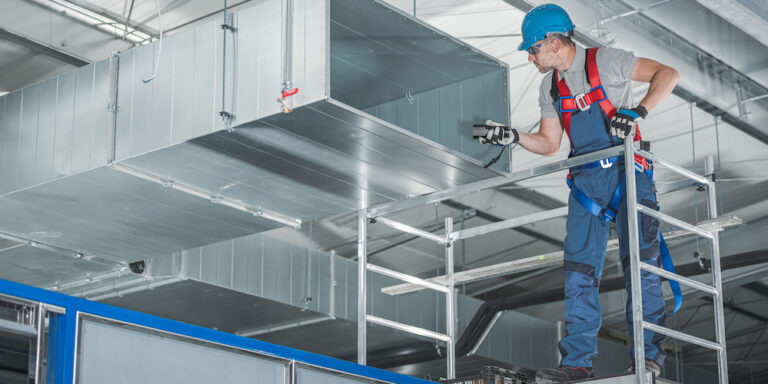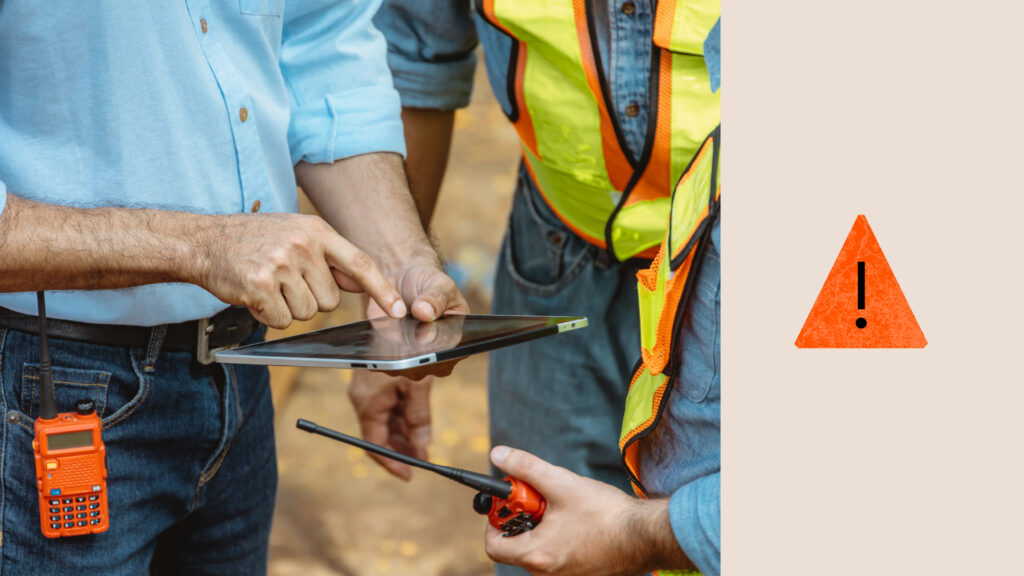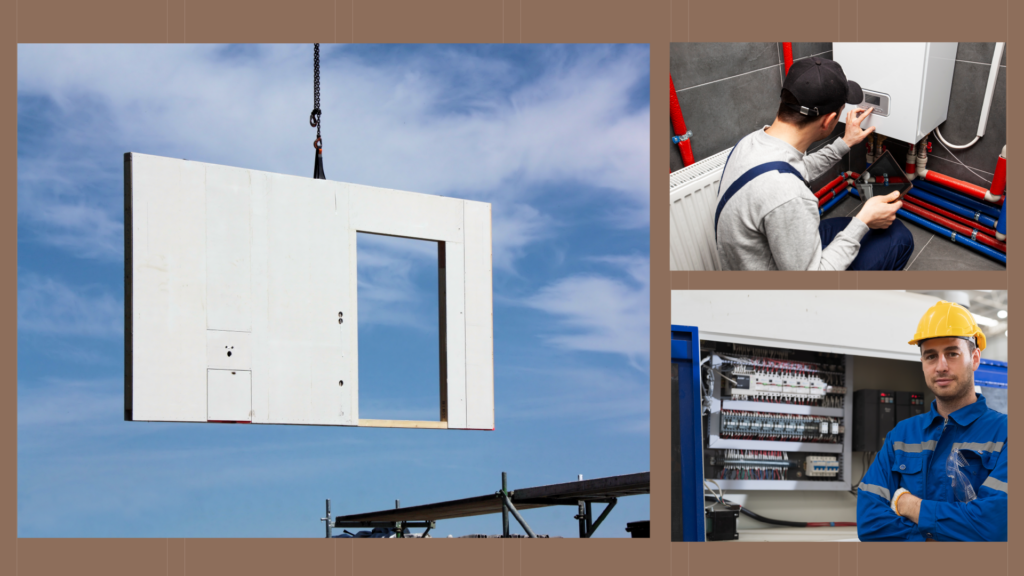— 4 min read
Mechanical Contractors: Role, Responsibilities & Job Outlook
Last Updated Jan 15, 2025
Last Updated Jan 15, 2025

From frigid hockey rinks to packed football stadiums, hotels to hospitals, universities to skyscrapers, mechanical contractors are building the world we see today and the one that will be there for us in the future. But what duties and responsibilities does a mechanical contractor have — and what is their professional outlook in the construction industry today? Keep reading to learn more about the mechanical contractor role.
Table of contents
What is a mechanical contractor?
Simply put, mechanical contractors oversee the mechanical projects for organizations, including the heating or cooling systems, refrigeration, piping, and plumbing of a building. While some contractors may work on a project during production and installation, others may manage the ongoing maintenance and repair throughout the building’s lifecycle.
Elements of mechanical construction
Mechanical construction is a dynamic industry, and projects come in all shapes and sizes — from small residential homes to large-scale commercial buildings. Contractors also vary in the type of work they do, including:
- HVAC Systems: This includes heating, ventilation, and cooling/air-conditioning equipment.
- Refrigeration systems: The artificial cooling of a space, substance, or system. This is done either by transferring heat around or moving it from one area to another.
- Plumbing: This includes pipes, tanks, fittings, and other elements that control the water supply, heating, and sanitation of a building.
- Electrical systems: A network of electrical components that supply, distribute, and use electrical power, which includes overhead and underground lines, poles, transformers, and other equipment.
Duties of mechanical contractors
On most projects, mechanical contractors are heavily involved in coordinating all trades, making collaboration (both with other specialty contractors and within their own organizations) vital to the success of a project. They must also be cognizant of time and budget obligations and must finish all the mechanical elements on time and within budget so as not to delay other trades (or the project as a whole).
Mechanical contractors will often design mechanical parts ahead of time and then install them once on site. Because of this, they often rely on VDC/BIM solutions, allowing teams to virtually build a structure before actually building it. This enables teams to catch design issues, or clashes, early on — helping them prevent costly rework before it happens.
But what does this look like day-to-day? For mechanical contractors, responsibilities may include:
- Managing staff
- Delegating tasks to team members
- Monitoring resources
- Overseeing the full scope of electrical construction and maintenance
It’s important to note that while many mechanical contractors self-perform work, some also subcontract work to third-party businesses. This often requires additional scheduling of the other trades.
Salaries & job outlook for mechanical contracting
Salaries
As with any field, salaries vary depending on the location and position. There are many fields involved in mechanical contracting, but here are some examples provided by Indeed.com in June 2023.
In the U.S., the average HVAC supervisor salary is $80,985 — but it can range from $49,461 to $132,602. A plumbing service technician's average U.S. salary is $82,506 per year, while a plumbing apprentice may expect to make an average of $45,587.
There are a variety of trades represented under the umbrella of mechanical construction, and salaries will depend on trade, location, skill level, and experience. And because these numbers fluctuate regularly, it’s best practice to check the most up-to-date salary ranges on sites like Glassdoor, Indeed, and Payscale.
Job market outlook for mech construction
While the job market has been unsteady for many in construction, mechanical contractors are in high demand. According to the U.S. Bureau of Labor Statistics, mechanical specialties will add roughly 19,000 jobs by 2029, as the mechanical industry is projected to grow around 5% between 2021 and 2031.
The perks of mechanical contractor software
Due to the complex nature of mechanical construction, leading contractors often use a construction management platform to help them manage projects efficiently. Specifically for mechanical contractors, a platform helps teams:
- Streamline field-to-office communication and allows employees to report any on-site issues in a matter of seconds
- Track labor production and more efficiently manage teams and materials
- View up-to-date information in real time, from anywhere
Procore is a construction management platform designed to help mechanical contractors control their time, materials, and productivity — from bid to closeout. To learn how Procore helps contractors stay on time and within budget, check out Procore Project Management.
Was this article helpful?
Thank you for your submission.
100%
0%
You voted that this article was . Was this a mistake? If so, change your vote here.
Scroll less, learn more about construction.
Subscribe to The Blueprint, Procore’s construction newsletter, to get content from industry experts delivered straight to your inbox.
By clicking this button, you agree to our Privacy Notice and Terms of Service.
Categories:
Tags:
Written by
Hildy Medina
Hildy Medina is the Editor-in-Chief of Jobsite. In her former life, Hildy was a journalist writing for various publications, including Forbes, The San Diego-Union Tribune, and The Santa Barbara News-Press.
View profileExplore more helpful resources

Tackling the Top 10 Construction Industry Issues
The construction industry is constantly evolving, bringing both opportunities and challenges. Companies must navigate an array of construction industry issues — from workforce shortages to integrating new technologies into their...

Mission Critical Construction: Strategies for Success
Mission critical construction involves building structures whose functions cannot afford to fail, as any disruptions can lead to significant consequences for society. Keeping data centers, hospitals, power plants and other...

Modular Construction and MEP: A Collaborative Pairing
In an age of supply chain disruptions, workforce shortages, and rising material costs, off-site construction — including modular construction methods and prefabricated materials — is surfacing as a multipurpose solution....

Connected Construction: Transforming the Industry Through Integration
Construction projects are becoming increasingly complex, so companies need to innovate to accurately and profitably complete these modern structures. Connected construction — using technology and data to improve communication, processes...